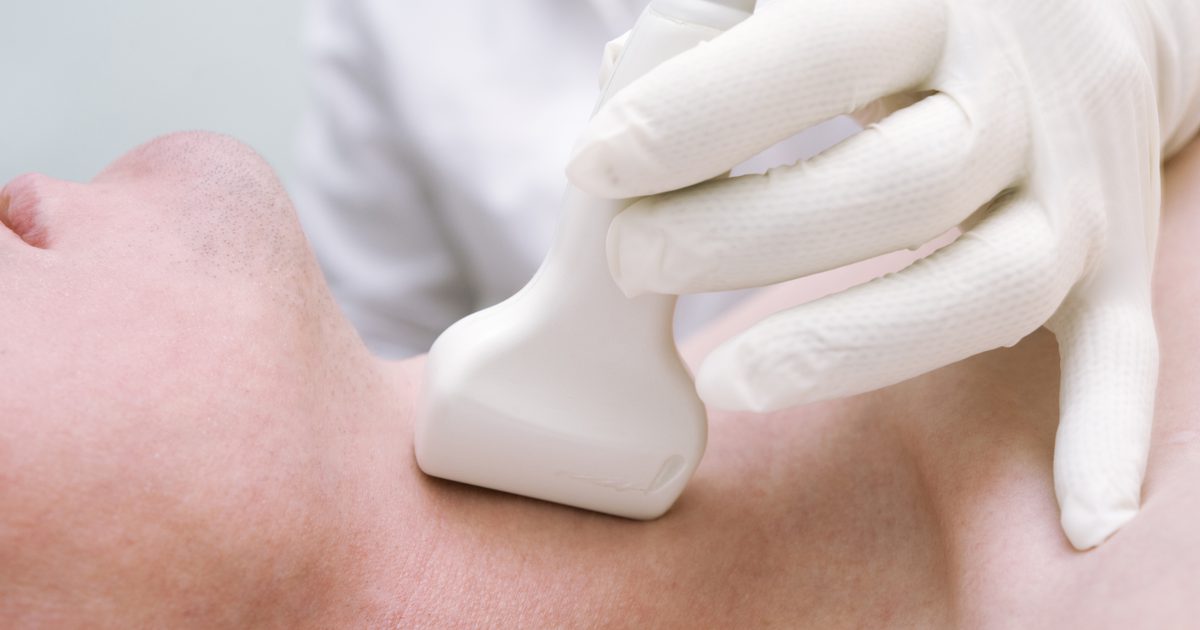Guide To The Causes Of Pericardial Tamponade
Hypothyroidism
Hypothyroidism can have damaging effects on the heart and circulatory system. Not having enough thyroid hormones in the body can slow down the heart rate. If a patient's condition continues to accumulate fluid in the pericardium, it can become pericardial tamponade. This condition then becomes dangerous and must be treated. Taking medication to replace the body's natural thyroid hormones can help manage the increase of fluid around the heart. In some cases, the medication can reverse the accumulation of fluid, which will help reduce the chances of developing pericardial tamponade. As we know, this involves the fluid creating pressure on the pericardium, which reduces the function of the heart.
Learn more about pericardial tamponade causes now.
Ruptured Aortic Aneurysm

Suffering a ruptured aortic aneurysm resulting in pericardial tamponade is not as common as the other causes on this list, but it is possible. If an aortic aneurysm ruptures, it can cause an influx of blood into the pericardium. This can cause pericardial tamponade because it will put pressure on the heart as the area becomes filled with the blood. In turn, this will prevent the heart from pumping and blood will not be able to move to the rest of the body. When this happens, organs will fail, and the patient will be in a critical crisis. Before rupturing, the aneurysm can actually protrude into the pericardium, causing an interruption of the operation of the heart. This condition is life-threatening and must be treated immediately. Without surgical intervention, a patient will not survive the aneurysm.
Get the details on more causes of pericardial tamponade now.
